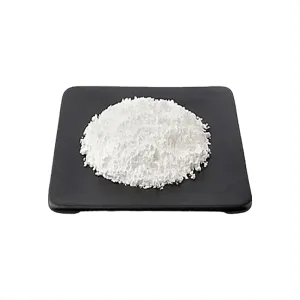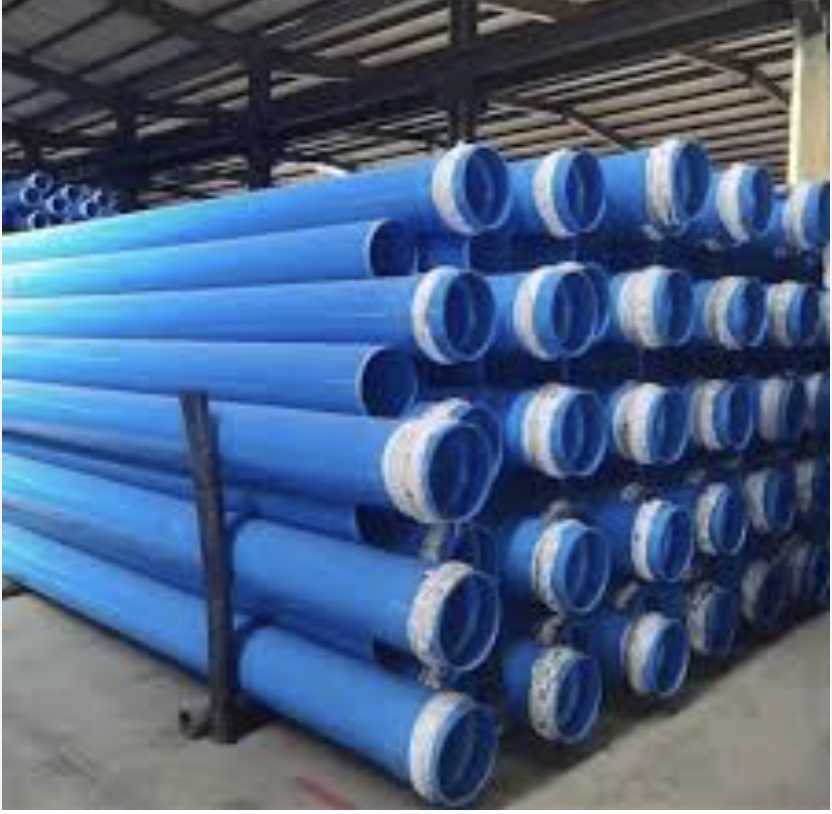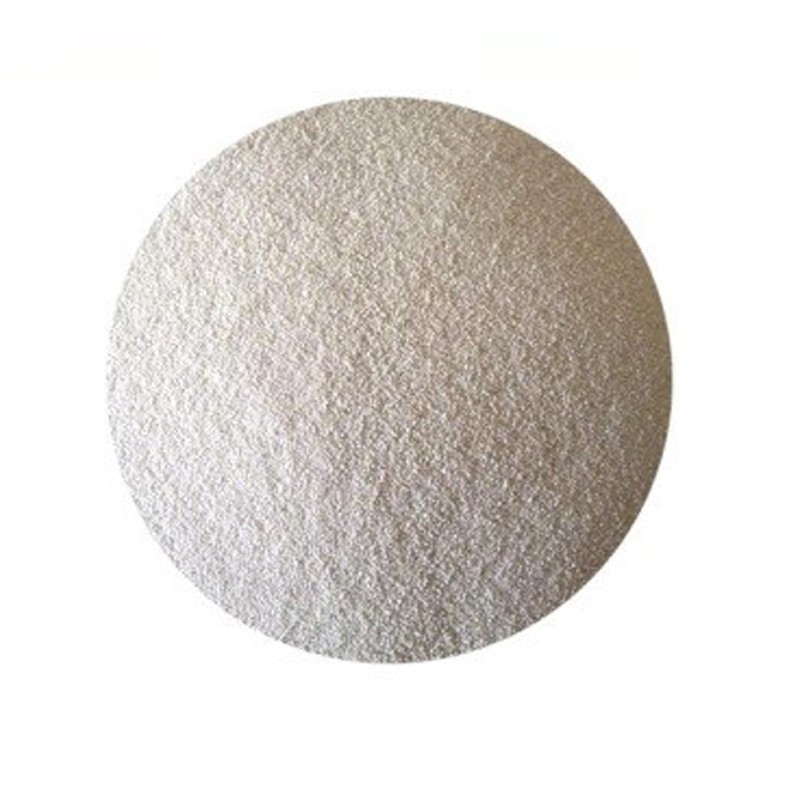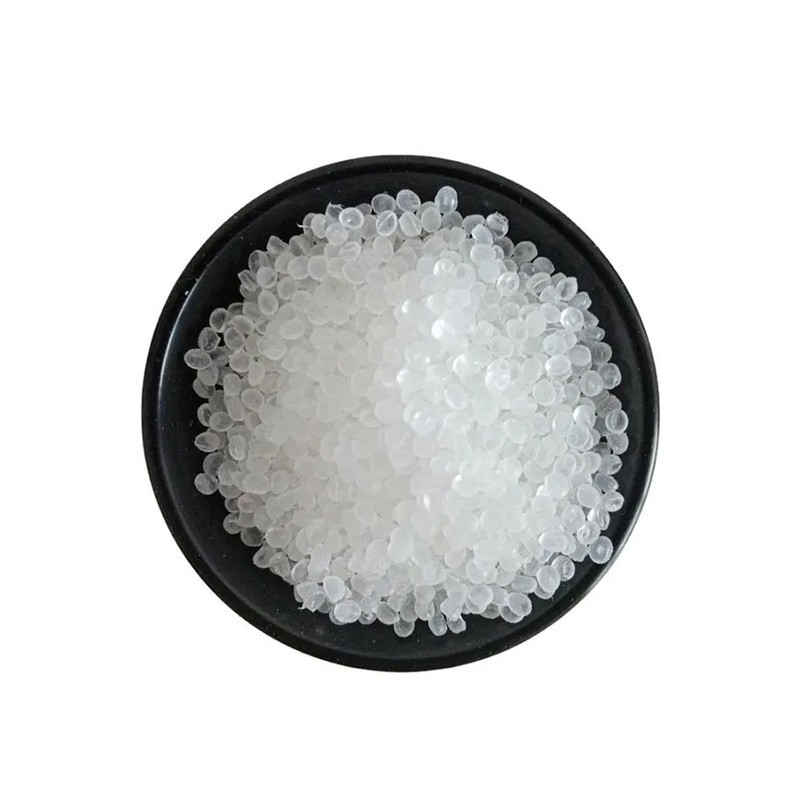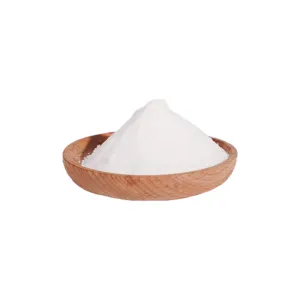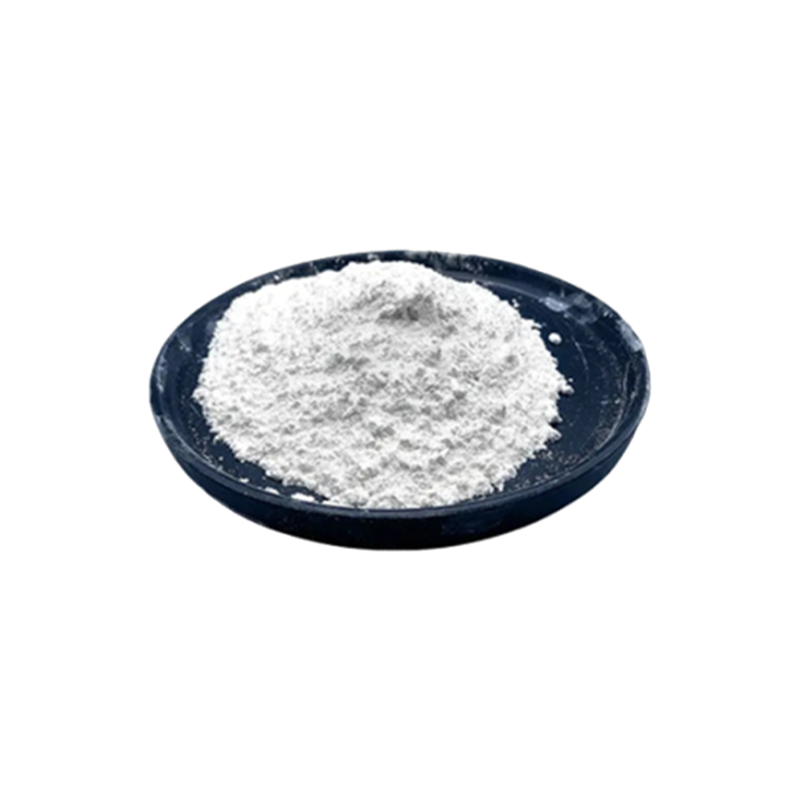Inflation hurricane advances to 8.24%
NEW DELHI: There is no respite from rising prices yet. The wholesale price-based annual rate of inflation rose to 8.24% for the week ended May 24, its fastest pace since August 2004. Once the recent increase in price of petroleum products enters the computation, it could well go beyond 9%, say economists.
The weekly data on soaring cost of living has prompted finance minister P Chidambaram to promise more steps to contain price increase even as opposition BJP demanded the resignation of prime minister Manmohan Singh for unleashing economic terror. If inflation continues to rise, the central bank may ask banks to keep more funds in the reserve to manage liquidity, feel economists.
Inflation has accelerated for the seventh week running. While the pace of week-on-week increase in prices – 0.2% for primary articles and 0.1% for manufactured products – appears to have moderated, the base effect is causing year-on-year inflation to accelerate. The annual rate of inflation stood at 5.15% a year ago. The low base is likely to keep the inflation rate high in the days to come.
The price of some primary articles continues to rise. During the week under review, cereals prices were higher by 0.5% while eggs, meat and fish category rose 0.4%. Imported edible oil surged 6%. There is good news though if week-on-week prices are considered: the prices of some important items of mass consumption such as fruit and vegetable have moderated over the week.
Among other manufactured items, prices of groundnut oil were up 1%, newsprint 8% and paper and pulp 2%. The prices of some chemicals such as caustic soda also hardened in the range of 1-9% while cement prices cooled off. Auto components became expensive by 6%, cycles 1% and switchgears 5%.
The government also raised its inflation estimate for the week ended March 29 to 7.75% from 7.41%, which again points to the poor quality of the data that goes into WPI calculation.
The high inflation could invite some response from the Reserve Bank of India (RBI). Its governor Y V Reddy had said on Thursday that the central bank was ready to use its full range of instruments to curb inflation. The view is shared by economists.
The latest figure reinforces our forecast that inflationary pressures will persist. There may not be a moderation unless there is a sharp correction in global oil prices. The central bank may find it difficult to take a decision on raising interest rates further considering fears of slowing down economic growth, says Crisil director and principal economist D K Joshi.
The impact of the fuel price hike is also a cause of concern. The changes in fuel prices announced on June 4 will be reflected in the inflation data due for release on June 20. According to HDFC Bank chief economist Abheek Barua, WPI is likely to go up to around 8.8-8.9% in three weeks and may touch 9% in three months on account of the fuel price hike. Around this time last year, inflation was low. The low base effect will also push up inflation this year, he added.
Mr Chidambaram said the United Progressive Alliance (UPA) government would take more steps to rein-in inflation. He added that the ruling coalition would ensure a robust and inclusive growth with price stability in the medium to long term.
However, he felt the interest rate hike could be avoided. He hoped the prospects of more food output this year and curbs on farm exports will boost supplies and help tame inflation, precluding the need for interest rate hikes. RBI has raised CRR – the amount the banks have to keep in reserves – by 3.25 percentage points since December 2006 to a seven-year high of 8.25%.
Recommended Suppliers
 September 23, 2024
September 23, 2024  June 3, 2024
June 3, 2024  June 3, 2024
June 3, 2024  June 17, 2024
June 17, 2024  June 18, 2024
June 18, 2024 
